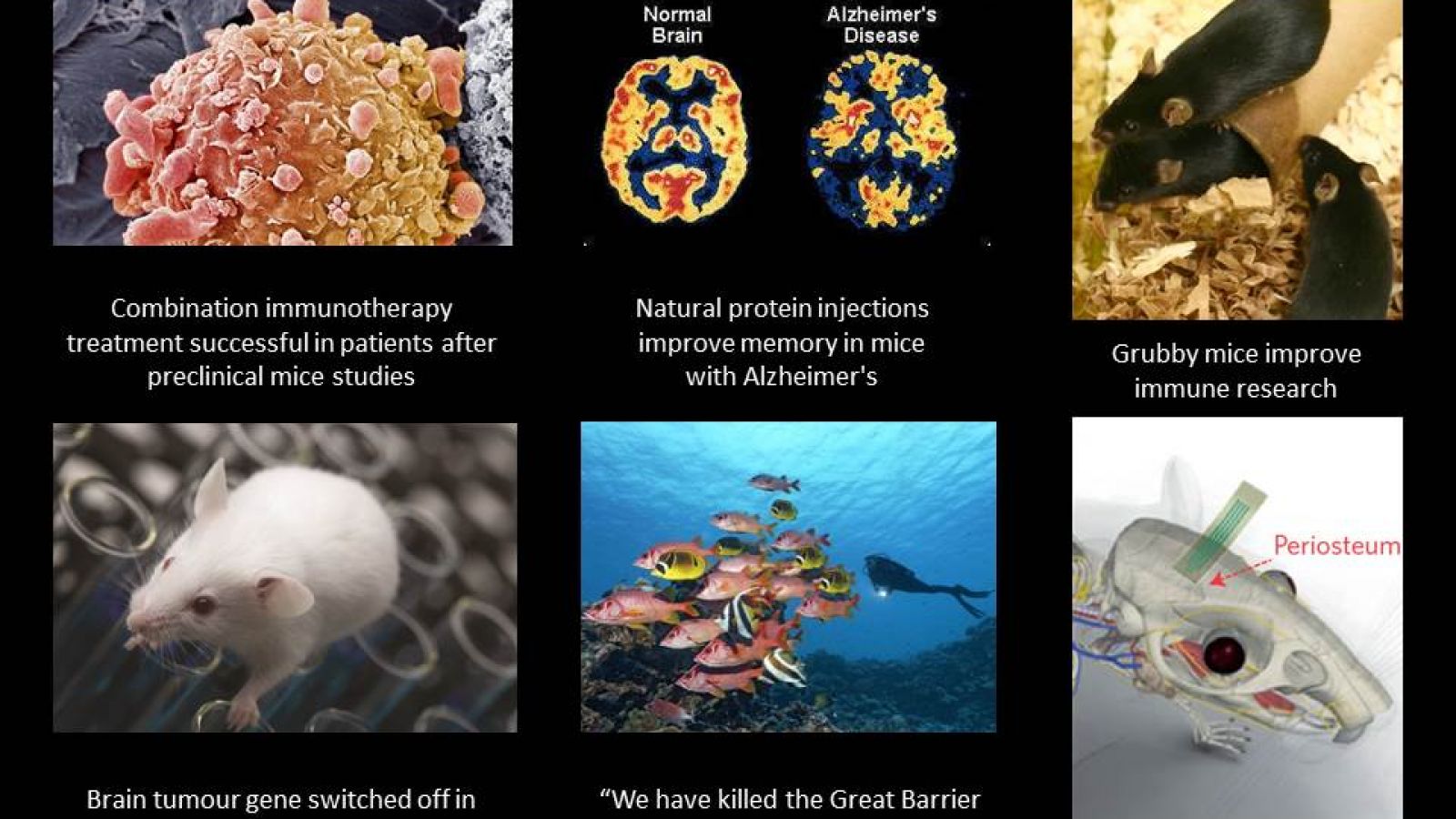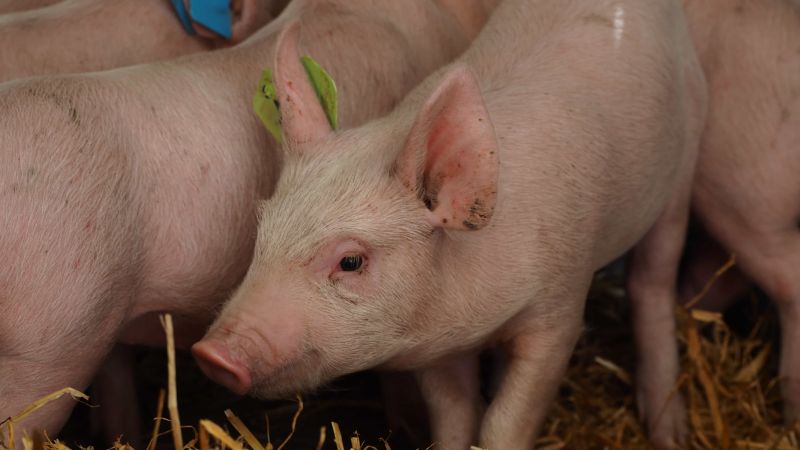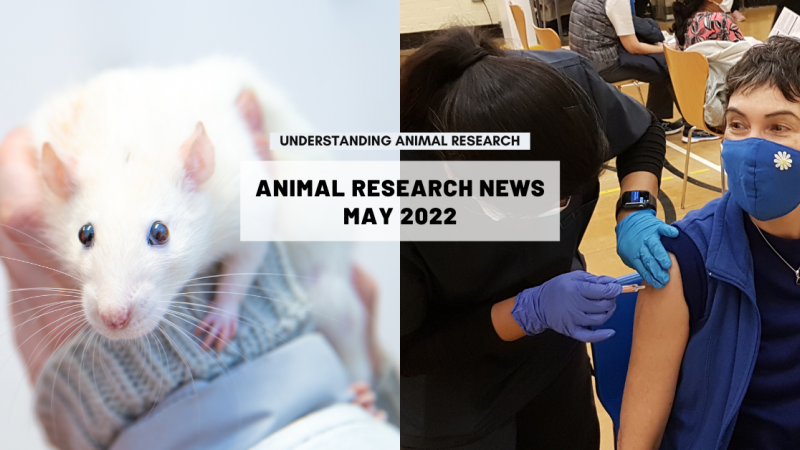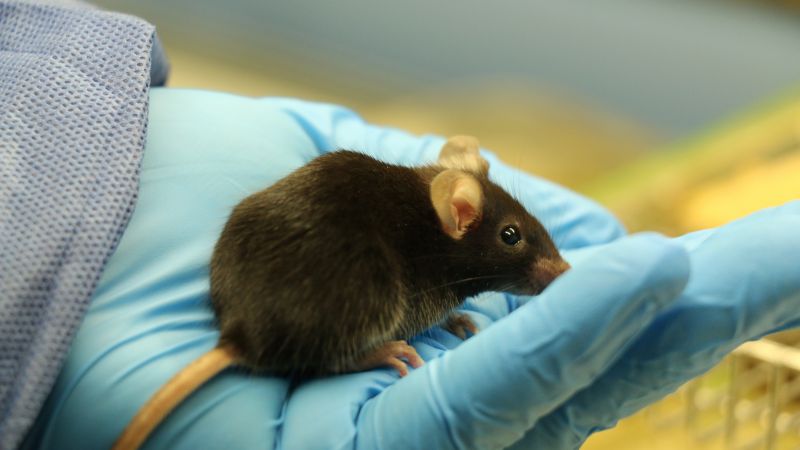22/04: Brain tumour gene switched off in mice
A gene known as OSMR plays a key role in driving the growth of glioblastoma tumors, according to a new study led by a McGill University researcher and published in the journal Nature Neuroscience.
“Control of glioblastoma tumorigenesis by feed-forward cytokine signaling,” Arezu Jahani-Asl et al, Nature Neuroscience, published online April 25, 2016. DOI: 10.1038/nn.4295
21/04: Great Barrier Reef dying
El nino and man-made climate change (temperature and ocean acidity rise) combines to cause huge damage.
Dissolving electrodes could ease pain of epilepsy surgery
Tested in rats - flexible electrodes have been created that dissolve harmlessly inside the brain after use. The US researchers that developed them believe that they could be used to pinpoint the source of epileptic seizures or monitor a patient's recovery after surgery before dissolving away, thereby removing the need for further surgery to extract the electrodes.
http://www.nature.com/nmat/journal/vaop/ncurrent/full/nmat4624.html
20/04: Grubby mice improve immune research
Lab mice live such a privileged life their immune systems are pretty unchallenged, and that makes them a poor model for some immunological studies. The strategy described here is to co-house lab mice with grubby pet-shop mice and introduce them to a range of bugs.
http://www.sciencemag.org/…/can-dirty-mice-save-animal-rese…
http://www.economist.com/news/science-and-technology/21697194-lab-mice-may-be-too-clean-more-evidence-emerges-how-laboratory-rodents-can-skew
18/04: Combination immunotherapy treatment successful in patients after preclinical mice studies
A trial involving a combination immunotherapy treatment (ipilimumab and nivolumab) to treat advanced melanoma in 142 patients has shown promising results as a fifth of patients have have no sign of tumours after two years. Both drugs have become standard therapies in melanoma treatment, but most researchers believe combination therapy will be essential. The trial showed the survival rate after two years for ipilimumab alone was 53% and no patient's tumours had completely disappeared whereas the equivalent figures for combination therapy were 69% and 22%.
The success of ipilimumab and nivolumab in combination was originally seen in preclinical animal studies using mice.
http://www.ncbi.nlm.nih.gov/pmc/articles/PMC4005613/
http://www.bbc.co.uk/news/health-36043882
Natural protein injections improve memory in mice with Alzheimer's
Injections with the natural protein treatment Interleukin 33 (IL 33) appear to improve memory and help clear and prevent brain deposits similar to those seen in people with Alzheimer's when studied in mice. The research was carried out at University of Glasgow and the Hong Kong University of Science and Technology tested who bred mice to have brain changes akin to Alzheimer's. The rodents rapidly improved their memory and cognitive function to that of the age-matched normal mice within a week of having the injections.Tentative human studies of the treatment will soon begin, however it may take many years to know if it could help patients in real life. Nevertheless, it is hoped that this treatment will lessen the symptoms and progress of Alzheimer's dementia.
http://www.gla.ac.uk/news/headline_456223_en.html
http://www.bbc.co.uk/news/health-36070987
Last edited: 27 October 2022 18:50




